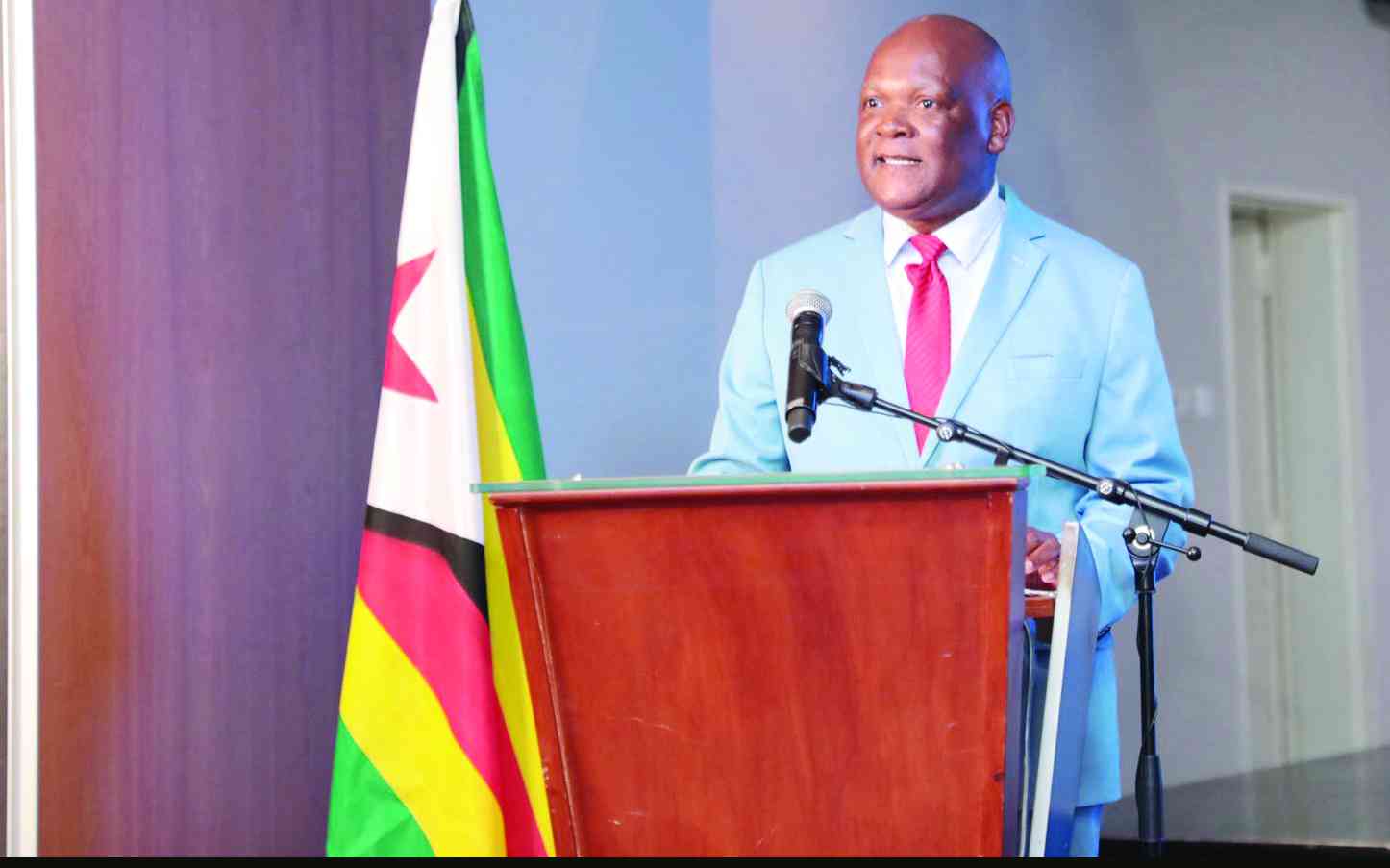RECENTLY appointed National Arts Council of Zimbabwe (NACZ) chief executive officer Napoleon Nyanhi was in South Africa to attend the 17th edition of FNB Art Joburg VIP Preview.
It is heartening to observe that he has consciously turned his attention on visual art.
The move reflects a new level of commitment by NACZ.
Entrusted with a mission to “support and promote the development of the arts for the benefit of all Zimbabweans”, Nyanhi hit the ground running from the beginning of his tenure in May.
On various platforms and forums, he has fervently advocated performance arts, fashion design, filmmaking and television production.
His presence at the FNB Art Joburg augurs well for the visual arts community.
Keep Reading
- Chashe Band seeks fame via Chibuku
- In the groove: Did hicc concert mark end of sungura?
- Curtain finally comes down on Chibuku Road to Fame
- In the groove: How to avoid poor attendances at concerts
The 40-year-old former radio and television presenter was given the mandate to fulfil NACZ’s restructuring vision.
The NACZ board announced that Nyanhi “will be responsible for executing the strategic direction of the National Arts Council of Zimbabwe, fostering partnerships with key stakeholders and championing the importance of the arts in society”.
It is a role that he has eagerly embraced, as may be inferred from the curiosity and genuine interest he expressed on his tour of the fair guided by Marcus Gora, the co-founder of First Floor Gallery (FFG).
Calling it a “worthy” experience, Nyanhi said he was invited to attend the fair by Gora, who is also a board member at NACZ.
“It was essential for us to learn how our colleagues across the border are doing it,” he said.
“Our dream is to facilitate an art fair of that magnitude in Zimbabwe, where local visual arts and crafts can be marketed to international buyers.
“This will increase the contribution of the creative and cultural Industries to Zimbabwe’s GDP.”
Reflecting on the vast collection of artworks from across the continent and the different styles and mediums, Nyanhi said the event left a lasting impression on him.
He commended FFG for an “eye-opening” display at its hub and Zimbabwean music act Bantu Spaceships for an “electrifying” performance at one of the official FNB Art Joburg after parties, hosted at Untitled Basement.
Visual art from Zimbabwe has penetrated further onto the international market than other cultural exports.
Currently, Misheck Masamvu has a solo exhibition with Goodman Gallery in New York City, while Moffat Takadiwa, whose work is included in a group show at Southern Guild Los Angeles California, is headed to Paris after a successful tour in Romania.
Kresiah Mukwazhi will be having a solo exhibition at Schultze Projects in Germany.
Virginia Chihota is in a group show at Tiwani Contemporary United Kingdom.
And mixed media textile artist Georgina Maxim recently presented her first solo exhibition in London.
While they find increasing success abroad, Zimbabwean visual art practitioners perennially struggle to have an impact in their home country.
Focused attention and support from NACZ can stimulate a sustainable and commercially viable ecosystem for the country’s visual arts sector.





